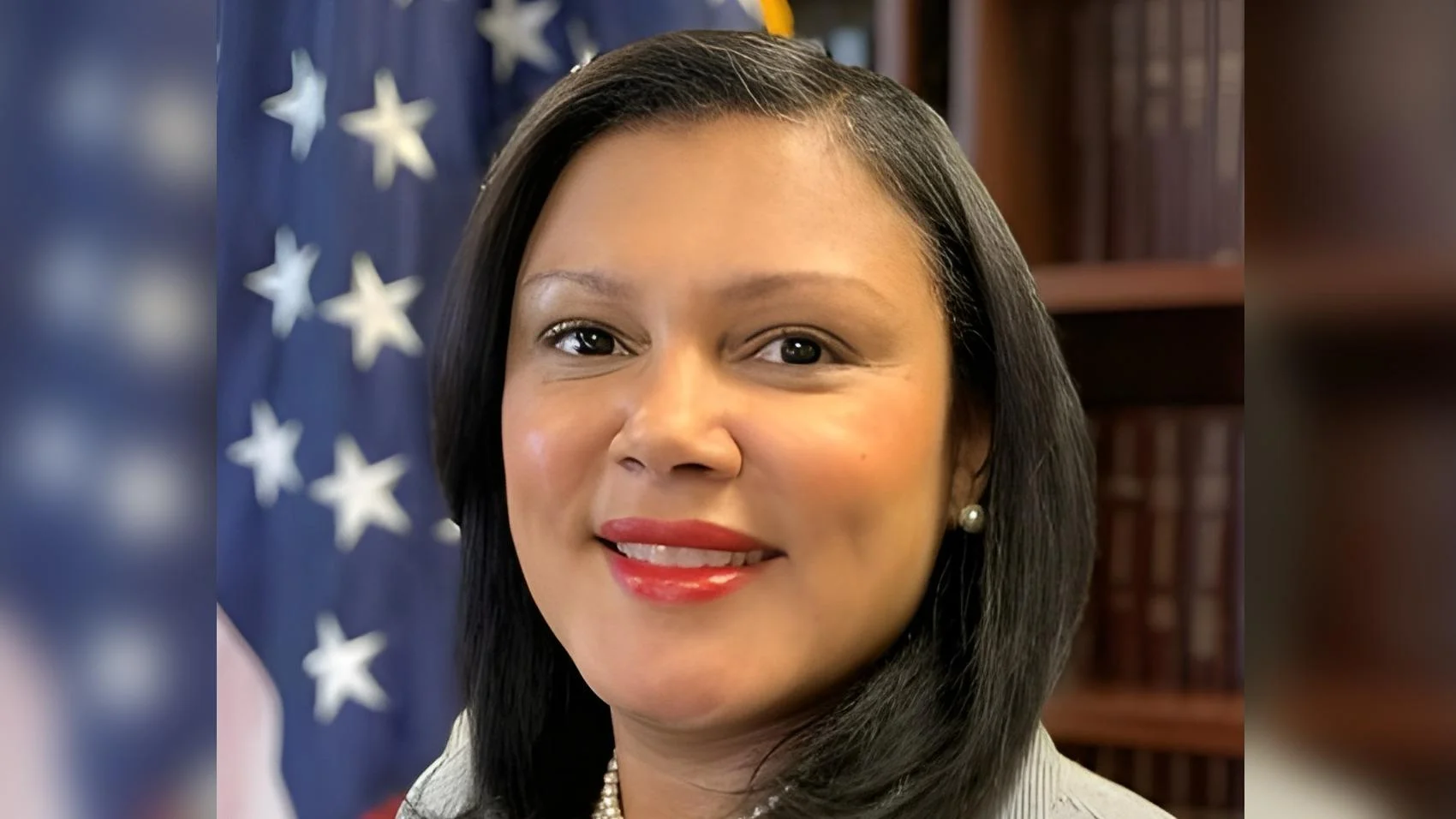A Richmond County resident has been sentenced to federal prison for operating a fraudulent tax preparation business in Augusta, Georgia. Kim Brown, 40, received a 22-month prison sentence after pleading guilty to two counts of aiding and assisting in the preparation and filing of false income tax returns. The announcement was made by Margaret E. Heap, U.S. Attorney for the Southern District of Georgia.
U.S. District Court Judge J. Randal Hall also ordered Brown to pay $541,912 in restitution and serve one year of supervised release after her prison term. There is no parole in the federal system.
“In collaboration with our law enforcement partners, we continue to pursue those who defraud the government,” said U.S. Attorney Heap. “Kim Brown stole money from taxpayers, and this sentence holds her accountable.”
“Not signing off on a tax return is just one of the signs someone is acting as a ghost preparer,” said Special Agent in Charge Demetrius Hardeman, IRS Criminal Investigation, Atlanta Field Office. “Today’s sentencing of Kim Brown is an example of IRS Criminal Investigation special agents working diligently to protect taxpayers from dishonest tax preparers and a notification to the public of just one scheme utilized by ghost tax preparers.”
Court documents show that Brown ran her tax preparation business from her Augusta residence in 2022 as a "ghost" preparer—a term used for individuals who do not identify themselves as paid preparers on their clients' tax returns as required by the IRS. She fabricated income amounts so clients would qualify for certain tax credits and claimed deductions that did not exist to increase refund amounts. Her fees were based on a percentage of these inflated refunds.
Brown did not provide copies of prepared returns to her clients or review them before submitting electronically to the IRS. The false filings led the U.S. Department of Treasury to issue over half a million dollars in improper refunds.
The Internal Revenue Service's Criminal Investigation division conducted the investigation, while Assistant U.S. Attorney George J.C. Jacobs III prosecuted the case.

